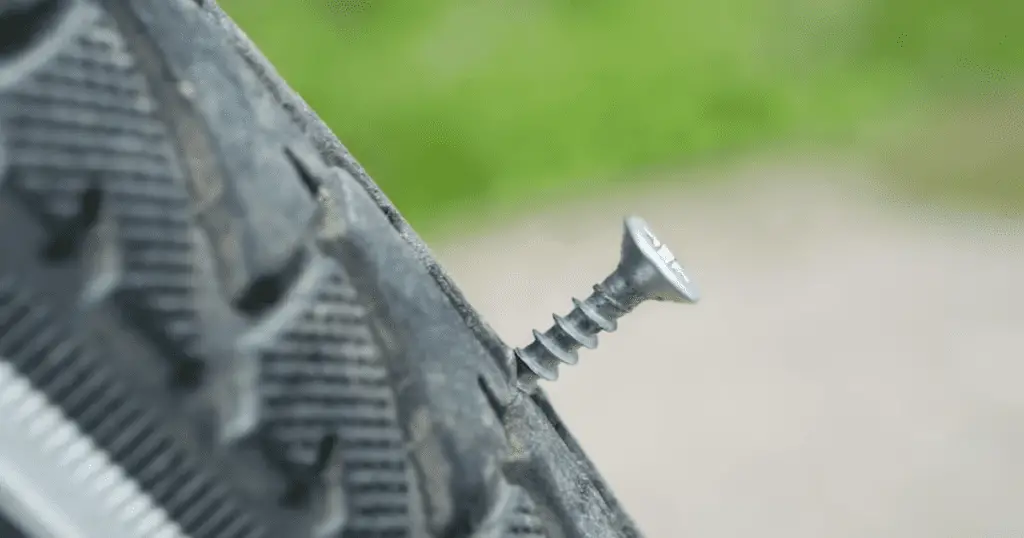Ignoring these speed-dependent noises can lead to costly repairs, breakdowns, and even safety hazards on the road.
Table of Contents
ToggleIdentifying the Source of the Hum
The first step in addressing a humming noise is to pinpoint its origin. Carefully listening and observing the behavior of the noise can provide crucial clues about what’s causing it.
| Noise Characteristic | Potential Cause |
|---|---|
| Louder when turning | Front wheel bearings |
| Louder when accelerating/braking | Rear wheel bearings |
| Oscillating pitch | Uneven tire tread wear |
| High-pitched whine | Transmission/driveline issues |
| Consistent with engine speed | Electrical interference |
Wheel Bearings: The Telltale Groan
As wheel bearings wear down, they’ll emit a low, rumbling noise that intensifies as you pick up speed. Front wheel bearings tend to get louder when you turn the steering, while rear bearings become more pronounced during acceleration or braking.
Uneven Tire Wear: The Oscillating Hum
Tires that have developed uneven tread patterns, like cupping or feathering, can also create a distinctive humming noise that fluctuates with your velocity.
This oscillating feedback is caused by the irregular contact patches interacting with the road surface. A tire rotation and wheel alignment may be all that’s needed to quiet this type of hum.
Transmission and Driveline Issues: The Whining Crescendo
Problems within your vehicle’s transmission or driveline components can manifest as a high-pitched whine that intensifies as you accelerate.
Worn gears, bearings, or lubrication issues in the differential, transfer case, or CV joints are common culprits. Catching these problems early can prevent further damage and expensive repairs down the line.
Electrical Interference: The Alternator’s Hum
In some cases, a humming noise may originate not from a mechanical failure, but from electrical interference. A failing alternator or other accessory component can induce a low-frequency hum that gets louder at higher engine speeds.
Troubleshooting your vehicle’s electrical system may be required to isolate and address this type of noise.
Preventative Maintenance Tips
To keep speed-dependent noises at bay, it’s important to stay on top of your vehicle’s maintenance. Regular tire rotations, balancing, and alignments can help prevent uneven wear that leads to humming. Changing transmission and differential fluids at the recommended intervals can also help avoid issues with gears and bearings.
Lastly, being mindful of potholes, curbs, and other road hazards can protect your wheels, bearings, and suspension components from premature damage.
Diagnosing the Noise
If you’ve noticed a new humming noise, start by trying to isolate its origin. Drive with the windows down to help pinpoint the location, and perform basic inspections like checking for wheel bearing play or transmission fluid leaks.
If you’re unsure of the cause, it’s best to have a professional mechanic perform a thorough diagnosis to identify the root problem.
Real-World Case Studies
Let’s look at a couple of real-world examples to illustrate how speed-dependent noises can be successfully diagnosed and repaired:
Failing Wheel Bearing John noticed a low, rumbling noise that got louder when he turned his steering wheel. After inspecting the front wheels, the mechanic found that the right front bearing was worn and needed replacement.
Once the new bearing was installed, the humming noise disappeared, and John’s car drove smoothly again.
Uneven Tire Wear Sarah’s car had developed a persistent hum that fluctuated in pitch as she accelerated. The mechanic discovered that the rear tires had an uneven “cupping” pattern, indicating an alignment issue.
After a wheel alignment and tire rotation, the oscillating hum was resolved, and Sarah’s car rode much quieter.
Addressing the Issue: Restoring Silence and Safety
Once you’ve identified the root cause, it’s time to take action. Depending on the specific component involved, repairs can range from a simple belt adjustment to a complete transmission overhaul.
Here’s a graph showing the potential consequences of ignoring different speed-dependent noises:
Ignoring the problem, however, is never advisable. Worn wheel bearings can lead to a loss of steering control and even a catastrophic wheel separation. Unbalanced tires increase the risk of a blowout.
And electrical issues may culminate in a sudden charging system failure and vehicle stall. Don’t take chances with your safety – address the humming noise as soon as possible.
Troubleshooting Tips
To further assist in diagnosing the source of the humming noise, consider these additional troubleshooting techniques:
- Isolate the noise by driving with the windows down or using a mechanics stethoscope to pinpoint the location.
- Temporarily disable accessories to see if the hum is related to an electrical issue.
- Check for fluid leaks, which could indicate a problem with the transmission, differential, or other driveline components.
- When working with a mechanic, provide detailed information about the noise characteristics, such as when it occurs and how it changes with speed.
By taking a methodical approach to the troubleshooting process, you can help ensure the problem is correctly identified and resolved.
Frequently Asked Questions
Why does my car make a humming sound that gets louder at certain speeds?
A speed-dependent humming noise usually indicates a rotating component, like a wheel, tire, or driveline part, has become unbalanced or is experiencing wear. The faster the component spins, the louder the hum.
Can unbalanced tires cause humming?
Yes, tires that are out of balance can create a vibrating hum that typically gets louder with speed. Rebalancing the tires will help smooth out this type of noise.
Why does my car hum at 40 mph?
Many driveline components, like universal joints, operate optimally around 40 mph. If something in this system is wearing out, you may notice humming or whining noises start in that speed range and then worsen as you accelerate.
Can a transmission make a humming noise?
Absolutely. Transmissions can hum if the fluid lubricating the gears breaks down or if the bearings begin to wear out. This humming will get louder with increased speed and load on the transmission.
Conclusion
Humming noises that get louder with speed are never a good sign. By staying attuned to these subtle auditory cues and taking prompt action, you can avoid costly repairs, breakdowns, and potentially dangerous situations on the road.
Remember, a little investigation and proactive maintenance can go a long way in keeping your vehicle running smoothly and silently.

